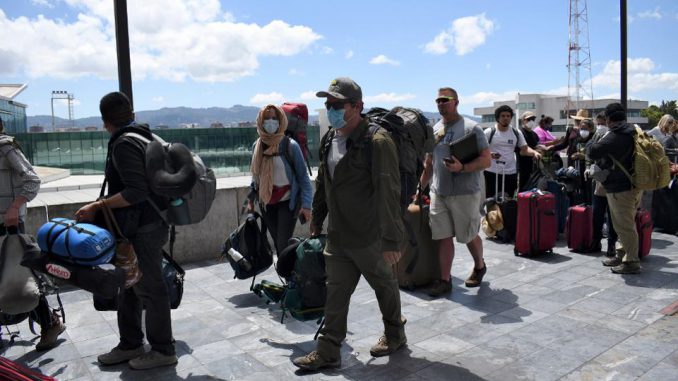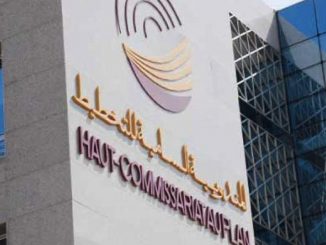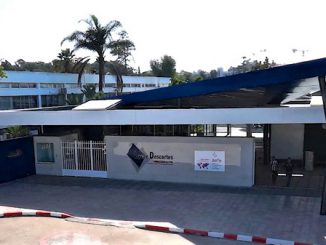
According to official statements, 18,226 Moroccans are stranded abroad following the closure of the borders. They are spread over several countries in the world, mainly France (4,447), Turkey (1,859), Spain (1,400), Belgium (800) and the United Arab Emirates (715).
Recognizing “the complex nature of this issue and the exceptional considerations that the Moroccan State is currently giving priority to with regard to the crisis created by the Covid 19 pandemic”, the Anfass movement calls, in a statement, on the State to “take its ethical responsibilities with regard to this issue and not limit itself to a technical, legal and/or financial approach”.
” Within the democratic Anfass movement, we consider that a responsible and realistic solution is possible in order to put an end to this issue as soon as possible,” the statement said.
The Movement believes that “it is up to the competent members of the judiciary to decide on this issue and it is even sane in a state governed by the rule of law to maintain the possibility of recourse to justice for the citizens concerned”.
“We are also aware that the repatriation of our fellow citizens should not be hasty or late, it should be well prepared and should be successful,” the source said.
The movement thus proposes the following approach:
– Establish and communicate a repatriation schedule within a reasonable and short period of time. The proximity to Europe, where the majority of the citizens concerned are based, suggests the possibility of multi-channel repatriation in coordination with the authorities of the countries concerned: air flights to the numerous airports in Morocco, ferries/coaches. It should be noted that many citizens have expressed their willingness to bear the cost of repatriation if the State requires it in accordance with the principle of national solidarity.
– Setting up medical units on the arrival of fellow citizens with the possibility of involving the medical profession (the regional councils of the national medical order currently have lists of private and public volunteer Covid 19 doctors). The clinical examination on arrival will make it possible to identify those at risk to be transferred to the Covid 19 units.
– Repatriated nationals should be considered as high-risk contact cases, and preventive treatment should be initiated according to the protocol currently established by the Ministry of Health.
– Mandatory confinement must be introduced and several possibilities are available: tourist resorts which are now deserted, hotel units, student houses, etc. Confinement must be in single rooms and social mixing must be avoided during the 14 days of confinement. At D4 and in accordance with the protocol for contact cases, a PCR sample can be taken (or a rapid diagnostic test after advice from the national scientific committee).
– Allowing the Moroccan citizens residing abroad who have found themselves stranded in Morocco to benefit from repatriation operations organized by foreign offices in their country of residence.




Be the first to comment